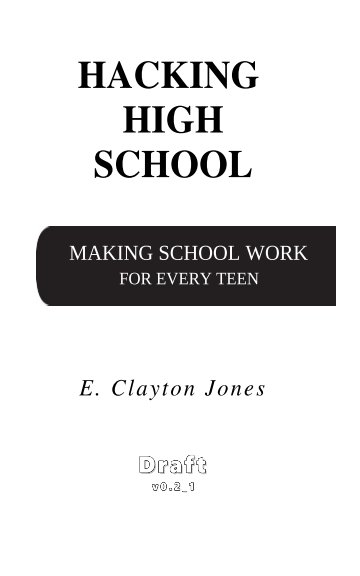A Laboratory for Systemic Innovation
Micro-Experiments for Macro Change
Read our comprehensive design statements.
Explore our three Areas of Effort:
Sciences of Reading Development
Imagine if civil engineers were never taught the science of structural load, tension, compression.
Alas, far too many schools of education have prepared teachers without giving them the equivalent:
Forty years of interdisciplinary science confirm what teachers traditionally knew.
We work alongside K-3 teachers, reading specialists, college professors, and others to increase understanding of how all kids can learn to read.
The Ten Skills
At a minimum, every child should have the chance to master, without extra cost, the Ten Skills of Reading development.
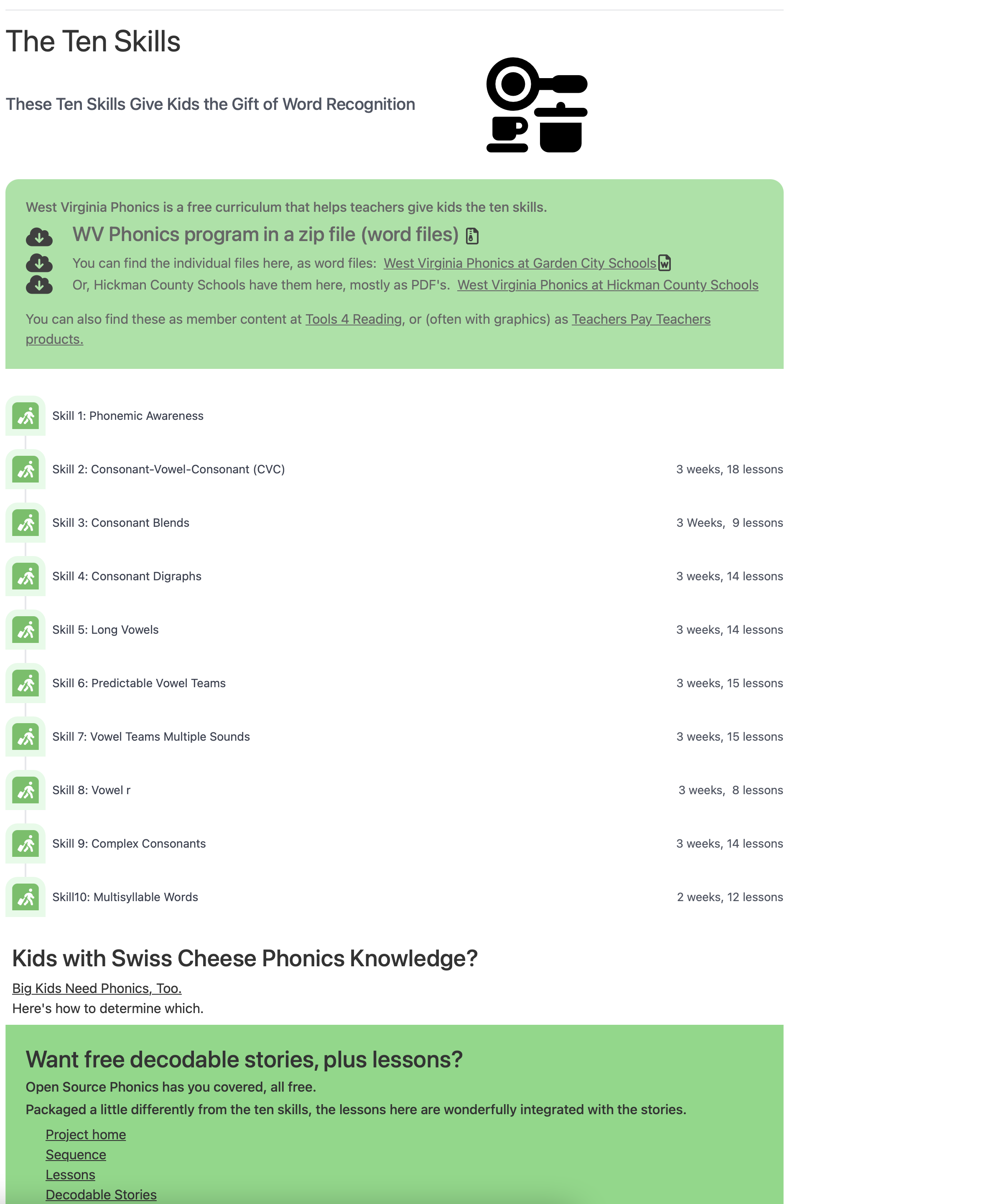
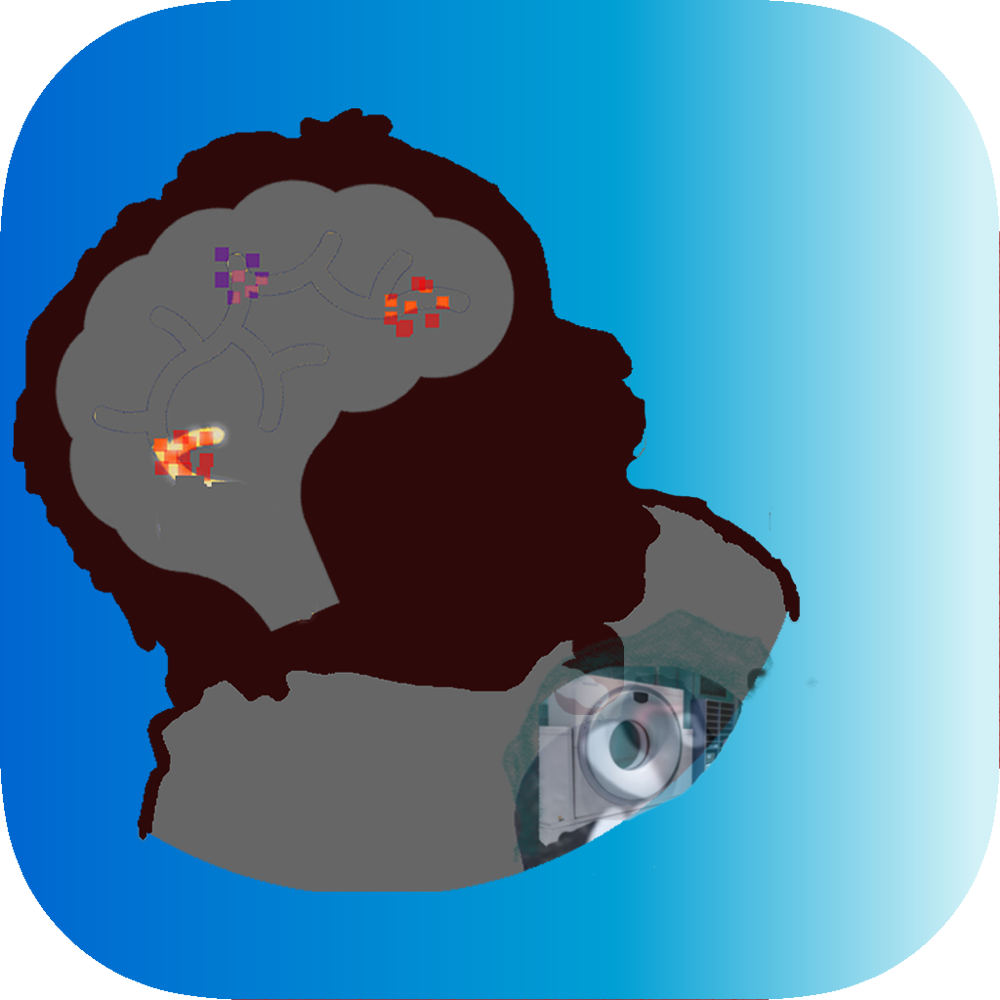
Science of Reading--The App
For anyone--parents, teachers, community members, admins, advocates, ed-school faculty--who ought better understand how ALL kids can read.
We envision an open source reference app for anyone needing the Science of Reading.
This means free to all, forkable by developers, customizable by users, adaptable to user needs.
Available now:
Teen Literacy Team / Credentials
As part of High School Remixed, we work toward reading science credentials for teens: (Black) Teen Literacy Matters
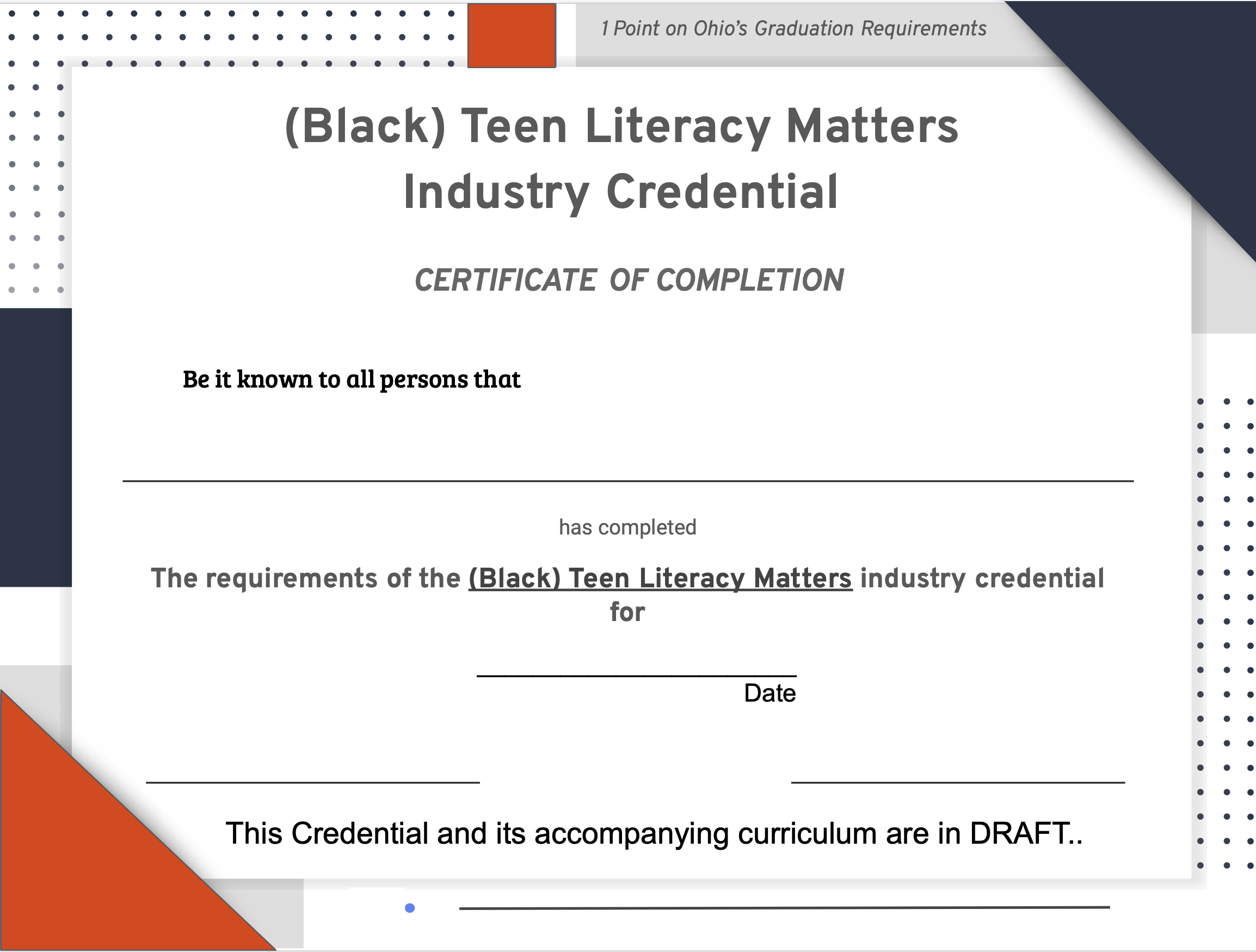
SORQuizzes.org
To help build a nationwide understanding of structured literacy, we're developing a series of quizzes. SOR Quizzes
Short quizzes will target different roles (teachers, administrators, parents), grades, levels of sophistication, and areas of improvement.
Running this as an open source project will assure more comprehensive input and more sustained refinement.
The quizzes are unique in that the answers scaffold in videos, podcasts, and research studies.
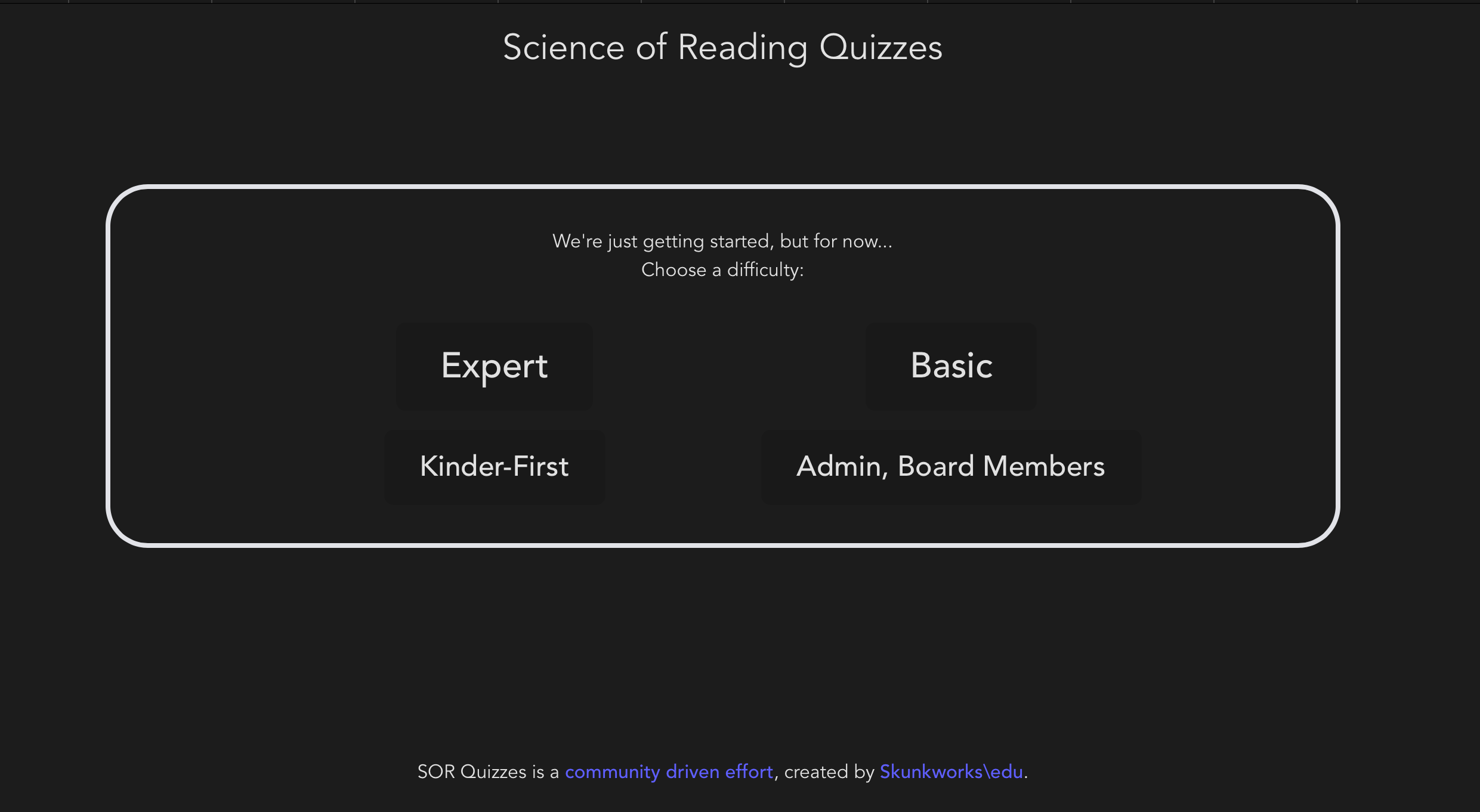
Curricular Freedom, Transparency, Adaptability
In 2020, people of all walks began to awaken to what's been happening--and not happening--in schools.
This built on a gut feeling held everywhere that schools were not truly adapting to the connected world.
We work to use modern tools to inject transparency throughout the K-16 spectrum.
On Injecting Transparency
The cultural shift that happened in software gave rise to a raft of tools, processes, and attitudes which enabled that culture and it's immense productivty.
We call many of these "open source" tools. They're widely cited in K12.
They're not yet used as they should be.
High School Next
It's time to stop bemoaning high school, and start implementing the next systemic revision.
The tools--legal, tech, institutional--are already in place.
Charles Eliot's 150 year old vision needs an update no large organization has yet embraced.
We're ready to start implementing today.
Returning High School to 1870
Charles Eliot would embrace a new systemic model, not a 150-year-old one.
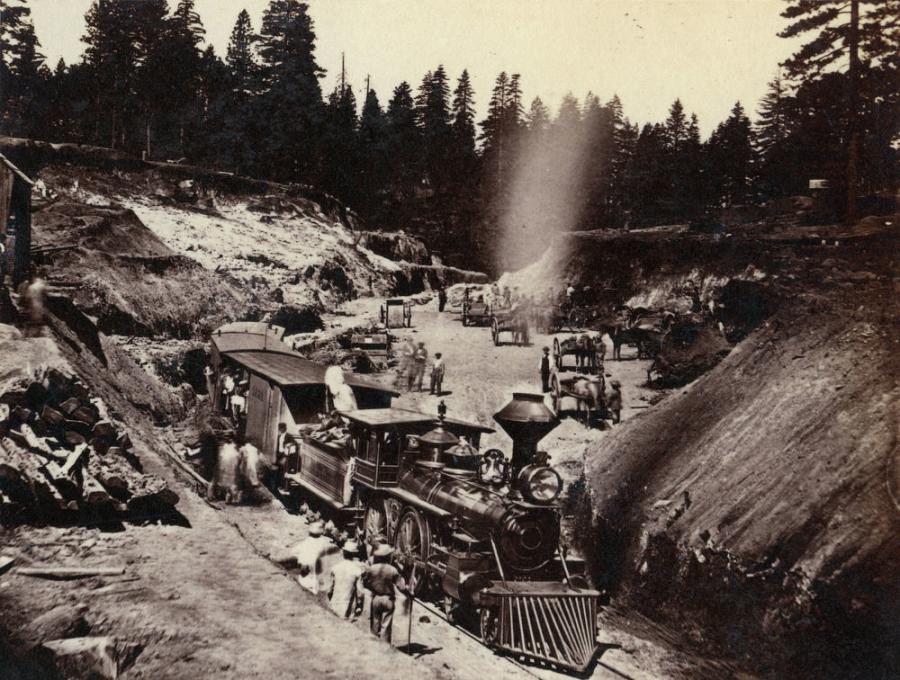
Build a New System, Not 2000 New School Models.
Eliot the Chemist, and Carnegie the telegrapher, might urge us to use 2020s' innovations to empower students, teachers, employers, and community members.
As Eliot then offered greatly expanded choice in courses, he might today ask how we can empower teens with an explosion of vetted, tested, well-designed micro-paths.
The wealth of learning (and networking) opportunities for today's teens is just staggering. From the land surveying, structure-building, and hydraulic skills of Eliot's day to the emerging fields of biomimicry, additive manufacturing, and personal or construction robotics.
These admirers of then-new train tables and railway time might also ask if tools like open badges, LRNG, Meetup, GitHub, and Trello can help iterate better, more agile, more compelling, learning experiences. "
Continue Reading Post
More posts on LinkedIn
Cleaving the Gordian Knot
Many have addressed this challenge. Here's where we part company.
Sir Ken, Science, and the False Meccas of High School Transformation
Sir Ken, Science, and the False Meccas of High School Transformation
View the complete playlist: Sir Ken, Science, and the False Meccas of High School Transformation
High School Remixed
Toward a more responsive, transparent, high school experience
A curricular innovation process, founded on open-sourced micro-crentials.

Explore our courses in early release
HS Course: Designing the High School of the Future
As part of High School Remixed, a course for teens to take on this design themselves: Course 2: High School of the Future
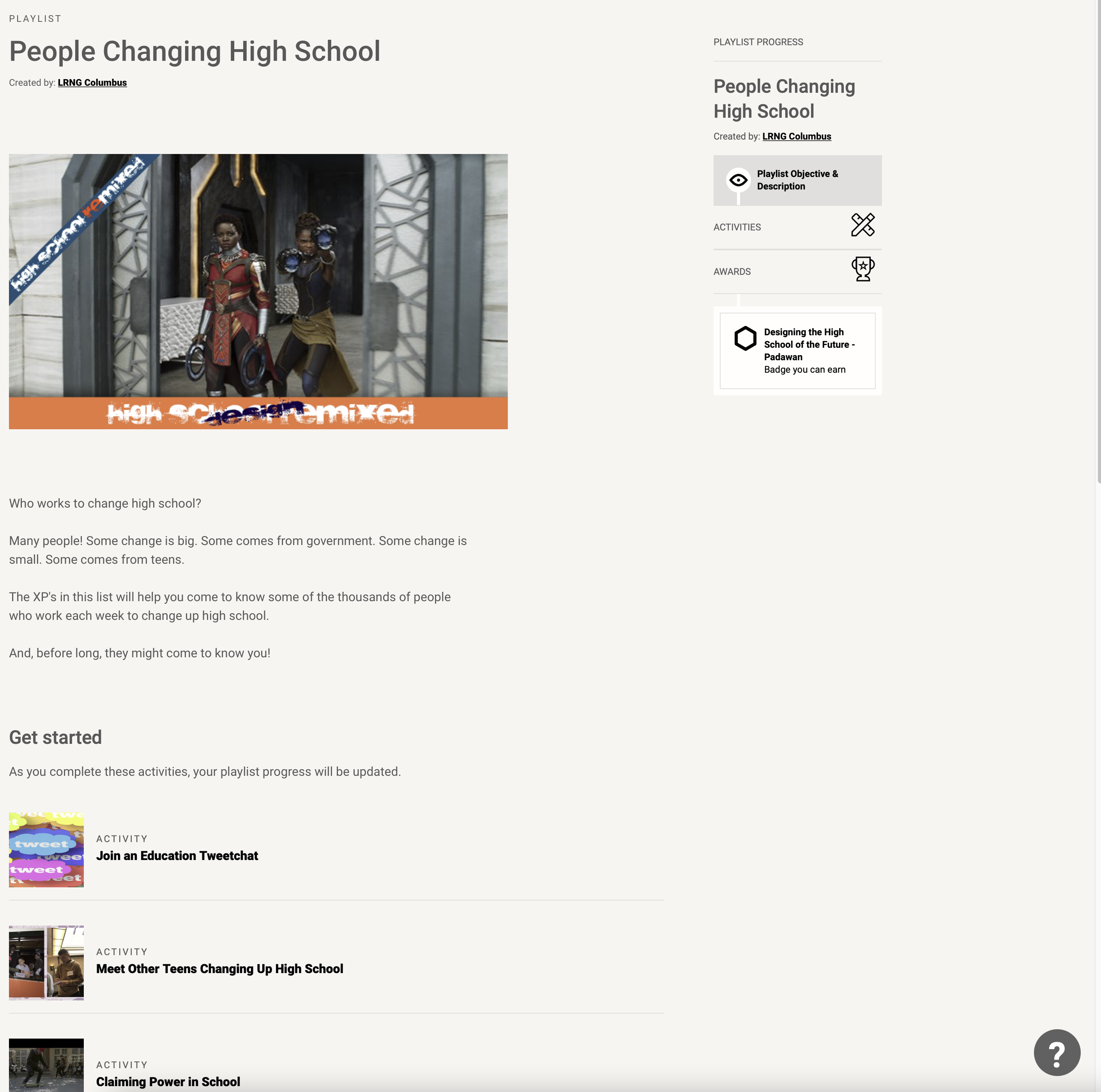
Consider Helping Us Move Forward
It's a 'skunkworks' because the big-budget foundations aren't ready for systemic change.
Believe me, we've tried them all. All the "remake", "reinvent", "transform", "future-ed" initiatives and grantmakers.
Yet without help, this can't come to fruition.
High School Remixed is a 501(c)3.
If you can help, contact Ed @ highschoolremixed.com.
